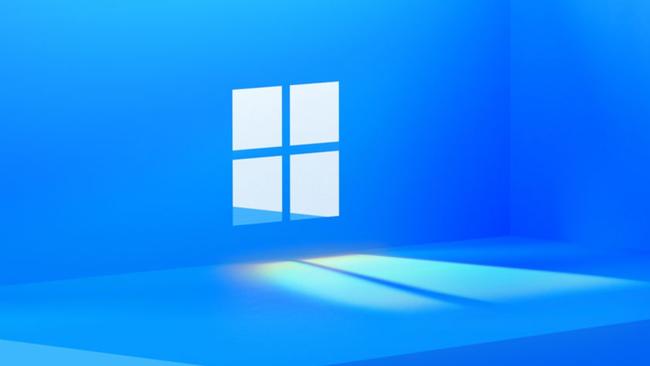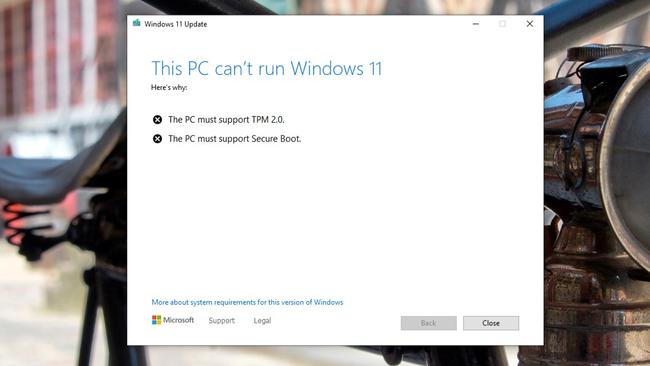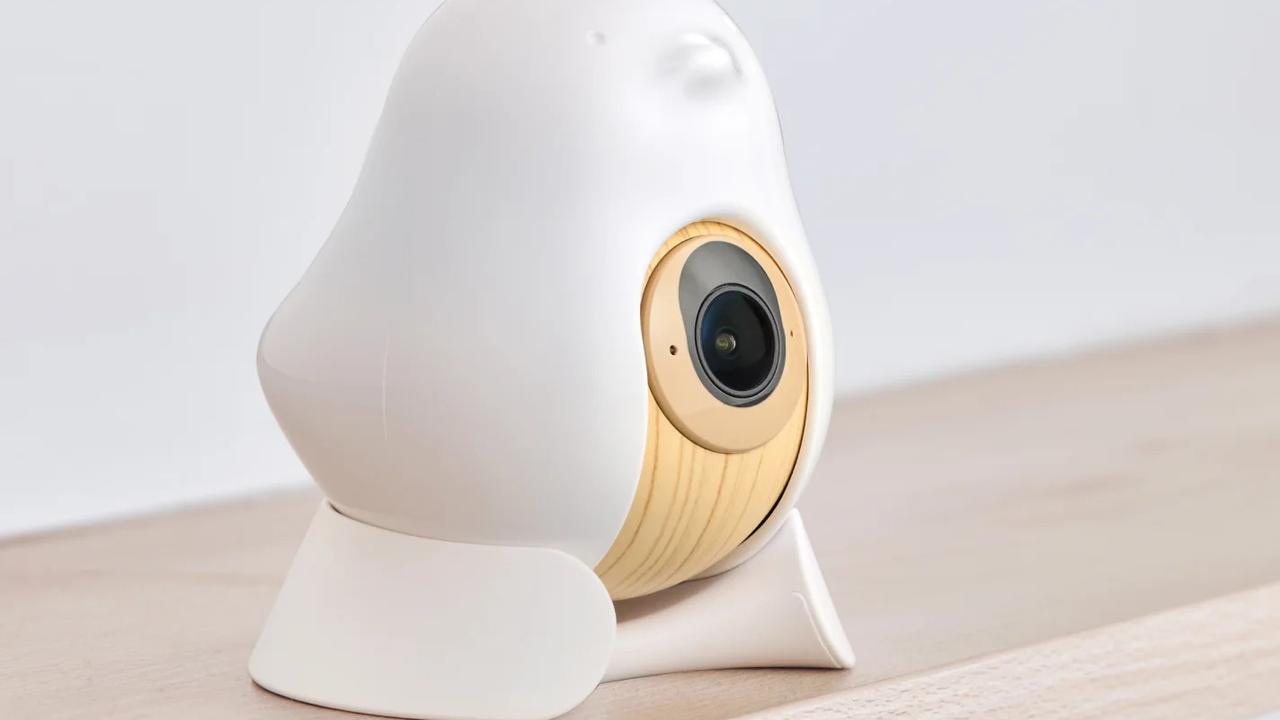Windows 11 not for all
It’s becoming increasingly obvious that many Windows 10 computers will be incapable of running the new Windows 11.

It’s becoming increasingly obvious that many Windows 10 computers will be incapable of running the new Windows 11.
Already, Windows 11 early adopters wanting to install an early version of Microsoft Windows 11 have hit unexpected roadblocks.
Users have discovered that even some more recent Windows devices don’t meet the requirements for Windows 11, even though they have a reasonably modern processor, and ample memory and disk space.
Adding to the situation is a decision by Microsoft to withdraw the health check tool it announced that can quickly tell a user if their Windows desktop, laptop or tablet meets Microsoft Windows’ 11 requirements.
“The PC Health Check app was intended to help people check if their current Windows 10 PC could upgrade to Windows 11,” says Microsoft in a blogpost.
“Based on the feedback so far, we acknowledge that it was not fully prepared to share the level of detail or accuracy you expected from us on why a Windows 10 PC doesn’t meet upgrade requirements.
“We are temporarily removing the app so that our teams can address the feedback. We will get it back online in preparation for general availability this fall.”

Some users are finding that they can’t install Windows 11 when they try to due to their hardware not meeting Microsoft’s security requirements.
Under revised requirements, all Windows 11 devices must have a Trusted Platform Module (TPM), an additional chip that unlocks your drive and ensures your system hasn’t been tampered with.
Users who try to install the Windows 11 Insider operating system who don’t meet the standard receive an error message that Windows 11 can’t be installed because the computer doesn’t have a TPM 2.0 module.
That has led to reports of panic buying online of standalone TPM 2.0 modules that plug into a computer motherboard. Some vendors are charging exorbitant prices for the module, and other vendors are running out, according to reports.
You might be lucky and discover a TPM setting on your machine’s motherboard that you can switch on and be good to go. But you mightn’t be.
The computer also has to support a secure boot element which checks each piece of boot software before the computer system loads.
Your machine won’t be compatible with Windows 11 if it has a 7th generation Intel chip (c 2016) or older. AMD Ryzen 1000-series processors aren’t compatible either.
Although it’s early days with Windows 11, these requirements are likely to mean many existing devices can’t be upgraded to the final version of Windows 11 to be released later this year.
Microsoft’s revised Windows 11 requirements include a 1 Gigahertz 64-bit compatible processor or faster with two or more cores, 4GB of RAM memory, a 64GB or more storage device, UEFI secure boot capability, a graphics card compatible with Direct X 12 or later with a WDDM 2.0 driver.
You also need a display that supports 720p or better resolution, with 8 bits per colour channel, a Microsoft account and an installed Windows 10 system.


